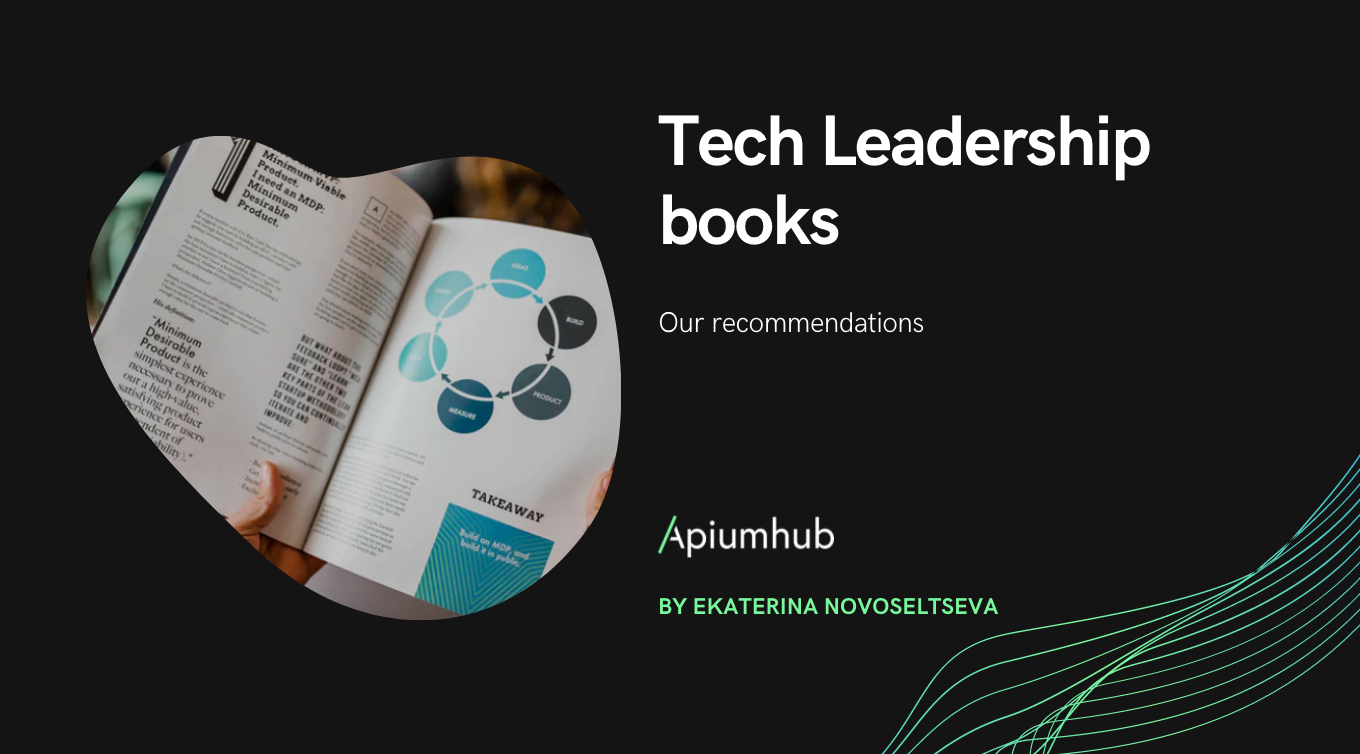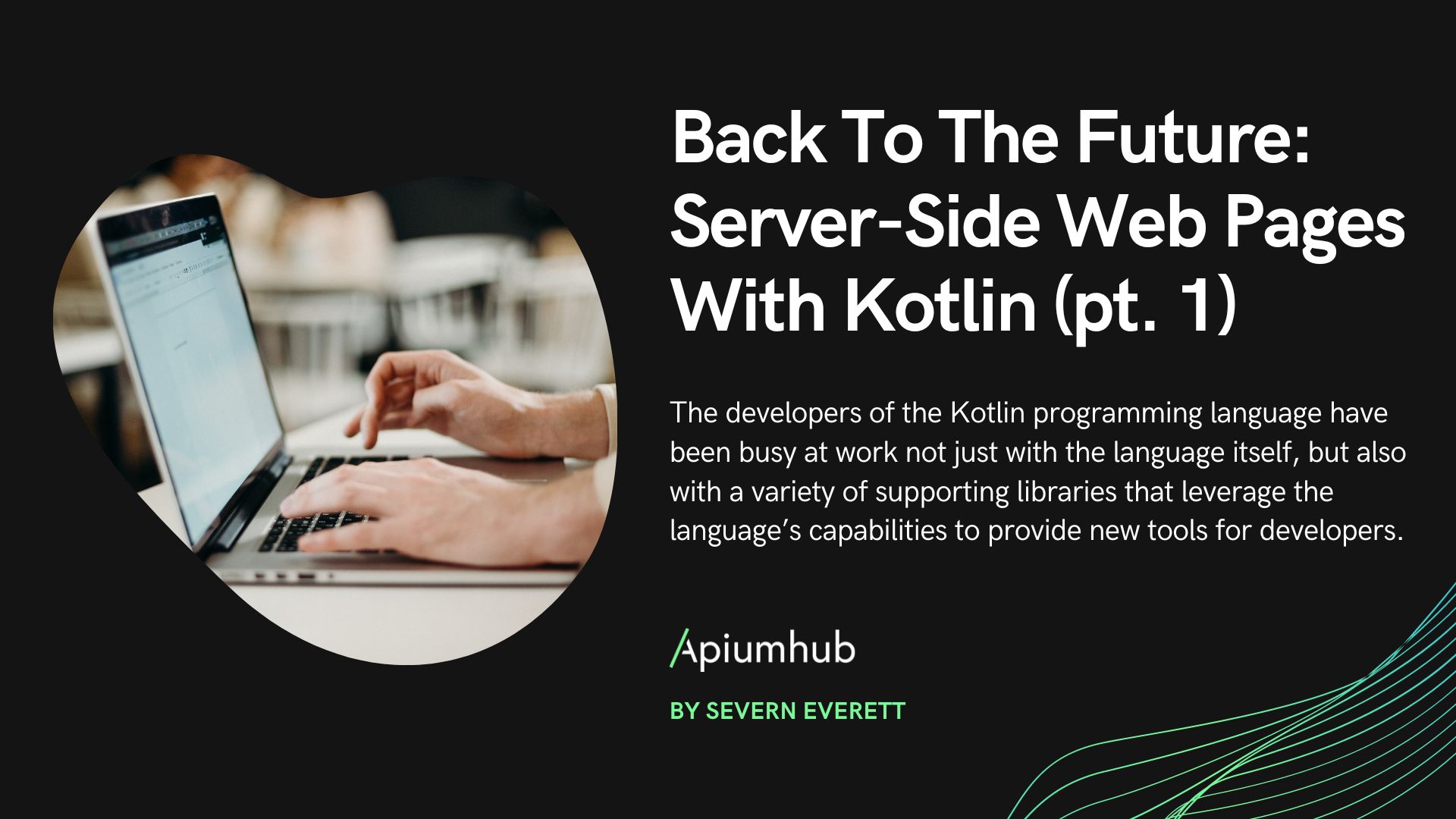As the organizers of the GSAS 2023, we take pride in continuously monitoring new releases of software architecture books to extend invitations to their authors for our event. This year, we are thrilled to announce that several renowned software architects and authors will be gracing GSAS 2023 with their presence to deliver talks or workshops about their latest publications. What’s even more exciting is that some of these authors will be generously raffling off copies of their software architecture books to our attendees!
While some authors will delve into software architecture topics unrelated to their books, they are more than eager to engage with GSAS attendees during networking sessions to discuss their upcoming releases. We are really thrilled that the writers will personally autograph the very first physical copies of these software architecture books at our event.
Latest software architecture books review
Communication Patterns by Jacqui Read
Having a great idea or design is not enough to make your software project succeed. If you want stakeholders to buy into your design and teams to collaborate and contribute to the vision, you also need to communicate effectively. In this practical book, author Jacqui Read shows you how to successfully present your architecture and get stakeholders to jump on board. Through constructive examples and patterns, this book shows you how to create documentation and diagrams that actually get the message across to the different audiences you’ll face.
Architecture Modernization: Socio-Technical Alignment of Software, Strategy, and Structure by Nick Tune
Architecture Modernization guides you through every part of the modernization journey, demonstrating each concept with real-world examples from the likes of Danske, Salesforce, the UK Government, and author Nick Tune’s own extensive experience. You’ll learn how to combine modern product development techniques—including Event Storming, Team Topologies, and Domain-Driven Design—to deliver the perfect solution for your business’s needs. Soon, you’ll be seeing real results for your business—results that will only grow as your architecture continuously evolves and improves.
Software Architecture Metrics by Christian Ciceri, Dave Farley, Neal Ford, Andrew Harmel-Law, Michael Keeling, Carola Lilienthal, João Rosa, Alexander von Zitzewitz, Rene Weiss, and Eoin Woods
Software architecture metrics are key to the maintainability and architectural quality of a software project, and they can warn you about dangerous accumulations of architectural and technical debt early in the process. In this practical book, leading hands-on software architects share case studies to introduce metrics that every software architect should know. This isn’t a book about theory. It’s more about practice and implementation—about what has already been tried and worked. Detecting software architectural issues early is crucial for the success of your software: it helps mitigate the risk of poor performance and lowers the cost of repairing those issues. Written by practitioners for software architects and software developers eager to explore successful case studies, this guide will help you learn more about decision and measurement effectiveness.
Learning Systems Thinking by Diana Montalion
A decade ago, developers built information-sharing software by writing a lot of custom code in a single code base and then adding layers of caching. Now we build information systems: interdependent software and services, data platforms, and event streams. Many of our software-to-systems initiatives fail, though, and when they do, we double down on traditional linear approaches. However, linear thinking cannot resolve systemic challenges. We need to shift to systems thinking.
This book shows software developers and architects how systems thinking can guide them through the emerging complexity of modern systems. Author Diana Montalion presents a vision of technology architecture that transforms how we learn, communicate, and collaborate with others. Through practical examples and scenarios, you’ll learn how to develop critical self-reflection and decision-making skills amid complexity and uncertainty and lead impactful cultural change within your organization.
Balancing Coupling in Software Design: Successful Software Architecture in General and Distributed Systems by Vlad Khononov
Microservices became immensely popular because they promised to help organizations build loosely-coupled systems that allowed for fast, easy change. But microservices systems haven’t always kept that promise. This book identifies the deeper problem—how software architects and designers approach coupling—and introduces an important new approach for creating more successful designs, whether you use microservices or not.
Instead of blindly avoiding coupling, leading software architecture expert Vladik (Vlad) Khononov proposes a novel method that transforms it into a powerful design tool: “balanced multi-dimensional coupling.” Khononov begins by surveying existing methods of evaluating coupling, and illuminating their strengths and limitations in the context of modern distributed systems. Next, he introduces a new multi-dimensional coupling model and demonstrates how to harness it to build modular software. Instead of focusing solely on a single approach, Balancing Coupling in Software Design illuminates underlying design principles that are ubiquitous in SOA, microservices, DDD, design patterns, and other paradigms, revealing how each of them can fail if thoughtful design principles for coupling are neglected — and how balanced coupling can make all of them work more effectively.

So, what can you expect from these software architecture books making their debut at the Global Software Architecture Summit? Stay tuned for the unveiling during our event! Get your ticket here.









